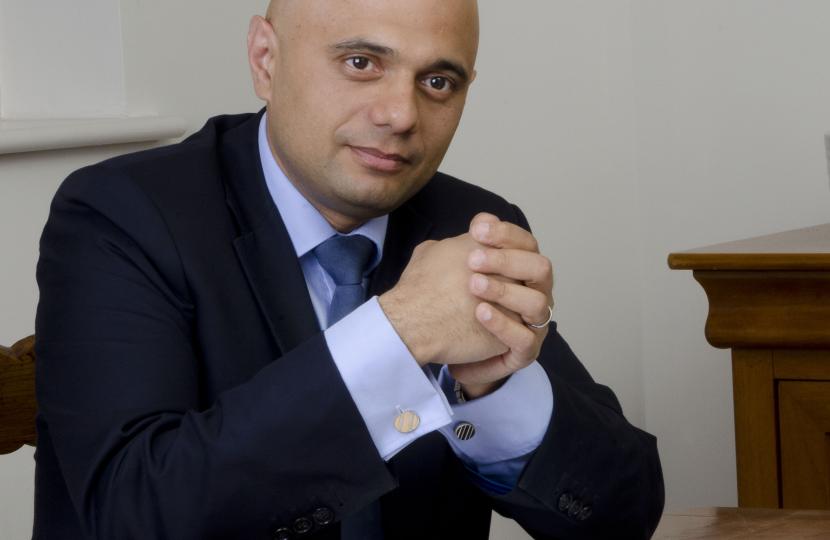The Institute of Directors says that the Government’s pledge to increase the minimum wage to £10.50 an hour by 2025 is divorced from reality.
Tek Parikh, chief economist at the Institute of Directors, told this morning’s Today radio show that the Chancellors’ minimum wage pledge “will certainly concern smaller businesses and retailers”.
Chancellor Sajid Javid announced plans for a compulsory minimum wage to be the highest in the world, extending the rate to all workers aged 21.
The move will affect four million low-paid workers.
See also: Protecting employees from overworking and minimum wage underpayment
Last week, the Labour Party pledged a £10 an hour minimum wage compared with £8.21 an hour currently for workers aged 25 and over.
However, business groups including the Federation of Small Businesses (FSB) and the British Chambers of Commerce (BCC) also raised their eyebrows at yesterday’s announcement.
Parikh said: “The announcement yesterday seems to be a bit unilateral and not in tandem with the reality that many businesses are currently facing.”
The IoD chief economist said that the Government should have consulted with business first, considering business conditions.
“The challenge for businesses now is that this announcement comes at a particularly difficult time for them. Costs are already very elevated and there obviously a lot of uncertainty in the political situation. Future increases to their cost base will certainly concern them,” he said.
See also: Minimum wage protection should be extended to the self-employed
Adam Marshall, director-general of the British Chambers of Commerce, said: “Companies already face significant cumulative employment costs … so government must take action to alleviate the heavy cost burden facing firms, or risk denting productivity and competitiveness.”
Mike Cherry, national chairman of the FSB, added: “This increase will leave many small employers struggling and, without help, could make some small firms unviable.
“Those in sectors with tight margins and which are heavily labour dependent, such as the care sector, retail or hospitality, will be particularly badly hit without support.”
Four out of 10 small employers say operating costs are rising due to employment costs, according to the FSB.
To soften the burden, the FSB has called for the Chancellor to up-rate the Employment Allowance introduced by his predecessor George Osborne to bring down employment costs, together with a National Insurance holiday for small businesses who recruit those most cut off from entering work, such as ex-prisoners or those with addiction problems.
The FSB is also alarmed by the drop in the minimum wage to be eligible for minimum wage to 21, arguing that any transition should be gradual, with the Low Pay Commission assessing the impact on levels of employment.
Further reading
Why businesses are not paying staff the national minimum wage





